Festivals in Odisha in July 2025
Odisha, with its rich history and vibrant cultural tapestry, is home to numerous festivals that honor deities, nature, and ancient traditions. The month of July, with the monsoon rains enriching the land, brings forth an array of festivals that showcase the region’s spiritual fervor and cultural heritage. From the legendary Rath Yatra of Puri to the more intimate village festivals, each celebration in July offers a unique glimpse into Odisha’s devotion and deep-rooted connection with spirituality. This article delves into the major festivals in Odisha during July 2025, highlighting their historical significance, rituals, and community impact.
Read More About Hindu Philosophy
1. Rath Yatra
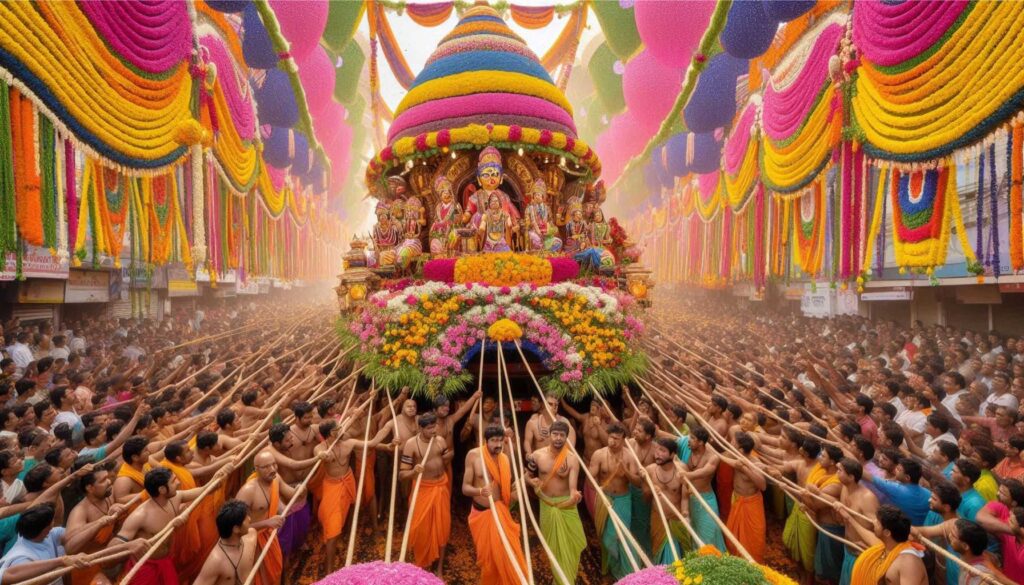
Overview
Rath Yatra, or the Festival of Chariots, is one of Odisha’s most celebrated festivals and draws millions of devotees from all over India and the world. Celebrated in Puri, this festival is dedicated to Lord Jagannath, Balabhadra, and Subhadra. The three deities are taken from the Jagannath Temple and placed on grand chariots that are pulled by thousands of devotees through the streets of Puri.
Rituals and Traditions
- Chariot Pulling: Devotees pull the massive chariots along the three-kilometer stretch from the Jagannath Temple to the Gundicha Temple.
- Suna Besha: The deities are dressed in golden attire, symbolizing divine splendor, after returning from Gundicha Temple.
- Holy Bath: Prior to the festival, the deities undergo a ritual bath known as ‘Snana Purnima,’ a significant purification ceremony.
Cultural Significance
Rath Yatra symbolizes the annual journey of Lord Jagannath, believed to represent a social connection with his devotees. It’s a unifying event that brings together people across caste, creed, and social standing.
2. Hariyali Amavasya
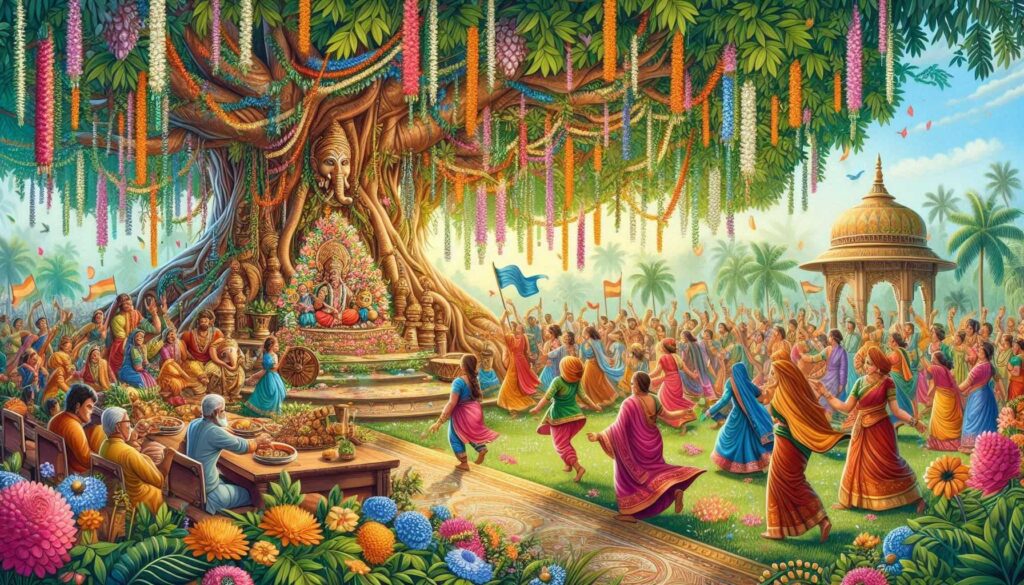
Overview
Hariyali Amavasya, or the festival of greenery, is observed on the new moon day in July. This festival marks the arrival of the monsoon season, celebrating nature and agriculture, especially important in the agrarian culture of Odisha.
Rituals and Customs
- Tree Planting: Many communities participate in tree-planting ceremonies to honor nature and contribute to environmental conservation.
- Special Worship: Farmers pray for a good harvest and the health of their livestock.
- Folk Songs and Dances: The festival is celebrated with local folk music and dance performances that glorify the beauty of nature.
Significance
Hariyali Amavasya emphasizes the Odia people’s deep bond with nature. It is a time to express gratitude for the abundance of the monsoon and acknowledge the role of agriculture in daily life.
3. Rasa Purnima
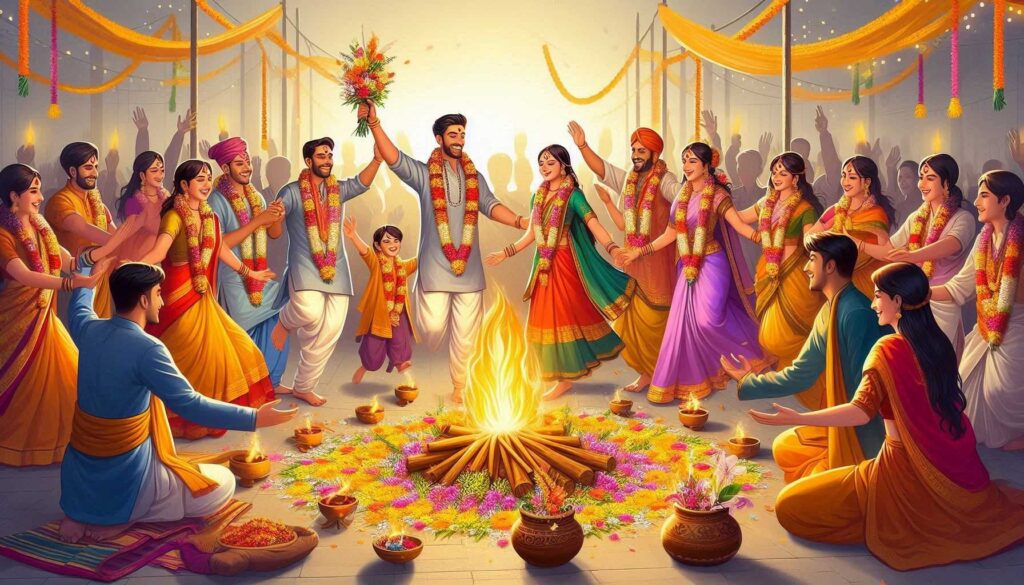
Overview
Rasa Purnima, which occurs on the full moon day of July, celebrates the divine love of Lord Krishna and his beloved Radha. Though predominantly celebrated in Vrindavan and Mathura, Rasa Purnima is observed with devotion in Odisha, especially among Vaishnavite communities.
Customs and Traditions
- Devotional Singing: Devotees sing bhajans and kirtans in praise of Lord Krishna and Radha, often accompanied by traditional instruments.
- Rasa Leela Performance: Dance dramas reenact Krishna’s Rasa Leela with the gopis, depicting his divine love and playfulness.
- Puja and Offerings: Devotees perform special puja and make offerings to Lord Krishna, including sweets and fruits.
Cultural Impact
Rasa Purnima reinforces the ideals of love, devotion, and the human connection to the divine. It also strengthens the Vaishnavite community’s connection to the teachings of Lord Krishna.
4. Niladri Bije
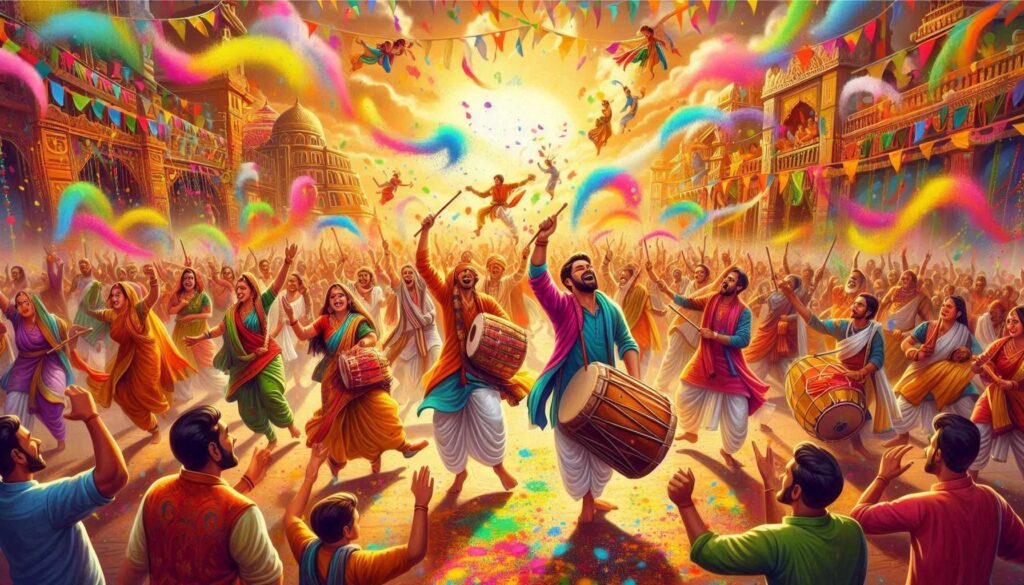
Overview
Niladri Bije marks the end of the Rath Yatra festival when Lord Jagannath, Balabhadra, and Subhadra return to the Jagannath Temple after their stay at Gundicha Temple. The festival has a unique ritual where Goddess Lakshmi stops Lord Jagannath from entering the temple, symbolizing her displeasure at his journey.
Rituals and Traditions
- Ritual of Apology: Lord Jagannath presents a sweet (rasagola) to appease Goddess Lakshmi, symbolizing harmony and forgiveness in relationships.
- Final Procession: The deities are carried back to their sanctum in a grand procession, concluding the annual Rath Yatra festivities.
Significance
Niladri Bije celebrates the divine love and balance between Jagannath and Lakshmi, reinforcing messages of forgiveness and reconciliation within relationships.
5. Gahma Purnima
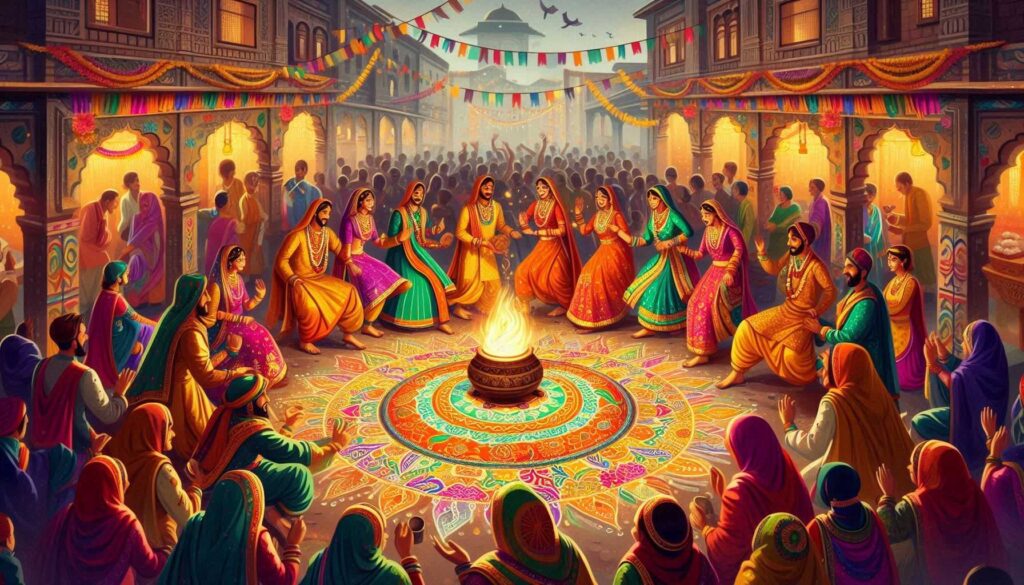
Overview
Gahma Purnima, also known as Gamha Purnima, is celebrated on the full moon day in July or August and is primarily a festival for farmers. It honors Baladeva (Lord Balarama), the elder brother of Lord Krishna, and is a significant occasion for agrarian communities.
Customs and Rituals
- Worship of Cows and Bulls: Farmers worship their livestock as symbols of wealth and fertility.
- Decorative Art: Homes and cowsheds are decorated with floral designs and rice flour patterns, inviting blessings for a bountiful harvest.
- Offerings to Lord Balarama: Devotees offer milk, butter, and seasonal fruits to Lord Balarama as an expression of gratitude.
Cultural Relevance
Gahma Purnima reflects the values of gratitude, prosperity, and respect for animals that are central to rural Odia culture. It strengthens community ties and highlights the importance of agriculture.
6. Kansa Vadha Yatra
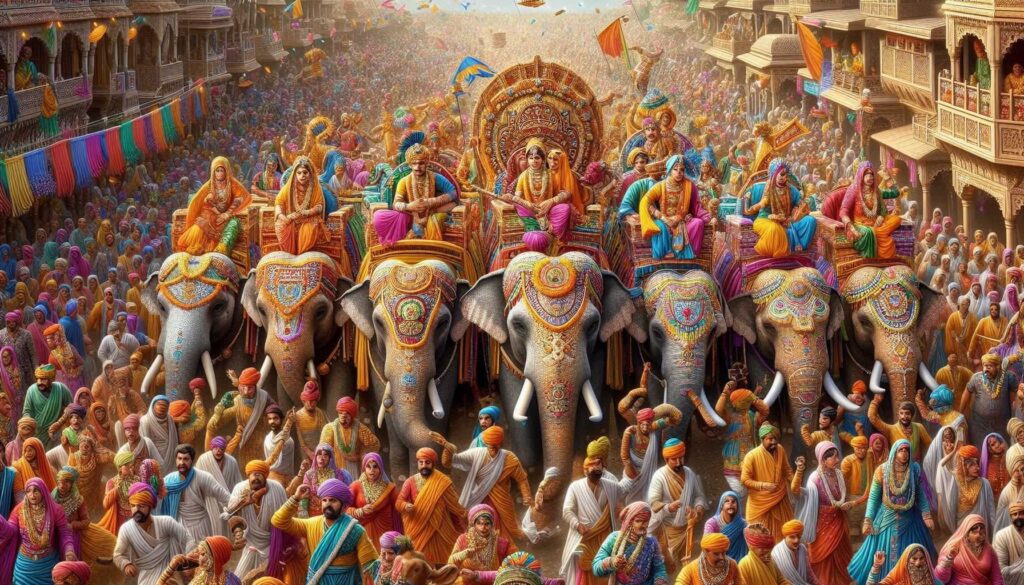
Overview
Kansa Vadha Yatra, or the reenactment of Kansa’s death, is celebrated with great fervor in many parts of Odisha, especially in regions with Vaishnavite influence. This festival is inspired by the tale of Krishna’s victory over his tyrant uncle Kansa and is celebrated with street plays and dramatic enactments.
Rituals and Activities
- Dramatic Performances: Locals dress up as Krishna, Balarama, and other characters from the Bhagavata Purana and reenact scenes from Krishna’s life, culminating in the defeat of Kansa.
- Processions: Festive processions feature traditional music, dance, and vibrant costumes, creating a carnival-like atmosphere.
Cultural Significance
Kansa Vadha Yatra is a celebration of good triumphing over evil, symbolizing hope and the power of righteousness. It serves as a moral reminder for society and fosters community bonds through collective storytelling.


